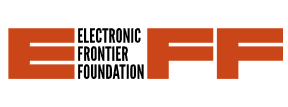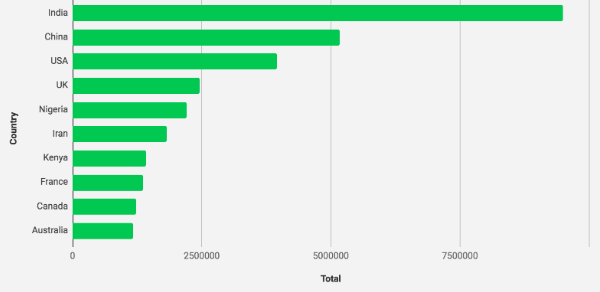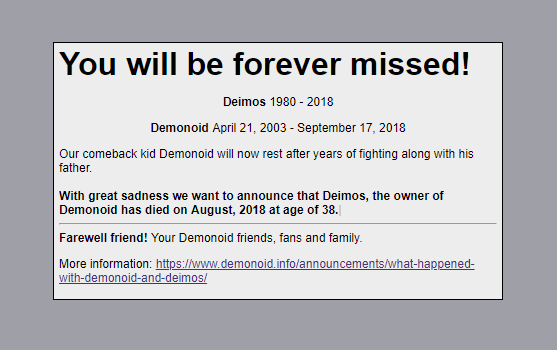
In case anyone hadn’t noticed, a new series of Game of Thrones started last week. That meant hundreds of articles about the show, especially since this is probably its last hurrah.
We too did our bit, writing earlier this week how the first episode in the series had resulted in a flood of downloads via torrent sites. We’ve been writing about the show in this context for years, so the latest installment probably didn’t come as a surprise.
What will have come as a surprise, to the people who had the misfortune to read it, was an article published on the Daily Mail’s site.
As is customary, the piece was placed to the left of a sidebar of clickable articles focusing on the physical attributes of mainly female celebrities in various states of undress. The piece about Game of Thrones admittedly featured less flesh but sought to be just as outrageous.

With a headline like the one above, this was clearly going to be a knockout story. With huge numbers of Aussies downloading Game of Thrones every week, the prospect of filling the nation’s jails with pirates must have been thought through well in advance by the nation’s authorities.
So who in government had issued the stark warning?
Well, if you’re hoping to find the answer in the article, you can forget it. The piece uses the words ‘jailed’ or ‘jail’ several times, yet not once does it put any more meat on the bones of the headline claim that Game of Thrones downloaders could be seeing the inside of a cell.
It does cite a 7news.com.au report which claims that people “could pay a big price down the line” for pirating the show. However, we’ve been through that article with a fine tooth comb looking for any references to criminal prosecutions of downloaders by Australian authorities, and came up with absolutely nothing.
That leaves us with a few possibilities.
Perhaps the Daily Mail has a source inside the government that supplied the information that warranted a SHOCKING headline but asked the paper to back it up with zero details just to keep everyone on their toes.
To rule that out, TorrentFreak contacted the government, to see if any statement had been made to back up the claims detailed above, specifically concerning the claim that downloaders of Game of Thrones could be thrown in jail.
The Department of Communications and the Arts responded quickly.
“No announcement has been made by government regarding criminal prosecution for breach of copyright law,” the team said.
“Copyright owners have a number of exclusive rights, including the right to control the reproduction of their material and the right to communicate that material to the public, which includes uploading, posting or downloading content online.
“A person might infringe the exclusive rights of the copyright owner of ‘Game of Thrones’ if they upload, stream, download or share unauthorized copies of the program.”
Escalating the downloading of a Game of Thrones episode to a criminal offense would make huge headlines anywhere. However, apart from this single piece in the Daily Mail, no other publication has chosen to republish this unsourced claim as fact. That in itself is telling.
That leaves us with another option, that there’s a secret industry source, that said (off the record, mind you) that anyone downloading Game of Thrones could be subject to incarceration. And this is where things get a bit weird.
“Creative Content Australia executive director Lori Flekser told 7 News the crackdown wasn’t just about stopping revenue loss,” the Daily Mail’s original piece read.
It didn’t attribute the ‘jail’ claims to Flekser, but the implication was there. We doubted that the anti-piracy group would’ve made such a comment, so we checked with Flekser herself.
“You are absolutely correct – this is not something I said or endorse,” Flekser told us.
“Prosecution has occurred where people have profited from the sale of pirated content, such as the reference in that article to the 2017 case of Sydney man Haidar Majid Salam Al Baghdadi who was convicted for his role in the selling of unauthorized access to Foxtel services.”
After Flekser emailed her comments to TF, we checked the Daily Mail article against an indexed copy from the date it was originally published. Interestingly, the publication had removed all references to Flekser but maintained the line that Game of Thrones pirates could be put in jail.

Well, let’s go along with the ‘jail’ charade and consider the feasibility of that.
In Victoria, which covers Melbourne, for example, it costs in excess of AUS$328.00 per day to lock someone up. Last year, Australia had around 42,000 prisoners in total and according to figures published earlier this week, around a million Aussies downloaded the first episode of the new Game of Thrones series – in a day.
If the authorities decided to criminalize downloaders and put even 5% of these people in jail, Australia’s judicial system – if not the whole country – would be in crisis.
Furthermore, if only a tiny proportion of offenders went to jail (let’s say a modest five people), there would be a public outcry, especially when one considers that shoplifting goods up to the value of AUS$600 is often dealt with via an on-the-spot fine resulting in no criminal record.
That presents an uncomfortable third option, that this is a classic and pretty blatant example of fake news. Or, at the very least, an outrageous headline drawing traffic to an article that fails to come up with the goods or back itself up in any way.
Make no mistake, pirating TV shows is illegal in Australia and those also sharing them with others (using BitTorrent, for example) could find themselves having to explain their actions in court in a civil case. Thus far, however, there has been very little sign of that practice making a comeback in the country.
There are also criminal implications for those who commit infringement on a commercial scale, as Flekser told us. But downloading an episode of Game of Thrones doesn’t seem to fit that description for an individual, even if a million Aussies did it collectively this week.
Of course, that’s much less interesting than “everyone’s going to prison”, so let’s find a ridiculous angle and mislead the public instead. Fake news is coming? It’s already arrived.
Source: TF, for the latest info on copyright, file-sharing, torrent sites and more. We also have VPN reviews, discounts, offers and coupons.



 Last year, a group of prominent record labels
Last year, a group of prominent record labels  This week Canadian news outlets are reporting about a supposed new legal campaign against people who pirate movies and TV-shows via BitTorrent.
This week Canadian news outlets are reporting about a supposed new legal campaign against people who pirate movies and TV-shows via BitTorrent. 

 Last Sunday, the long-awaited final season of the hit series Game of Thrones aired in dozens of countries worldwide.
Last Sunday, the long-awaited final season of the hit series Game of Thrones aired in dozens of countries worldwide.

 As one of the oldest torrent communities, the
As one of the oldest torrent communities, the 